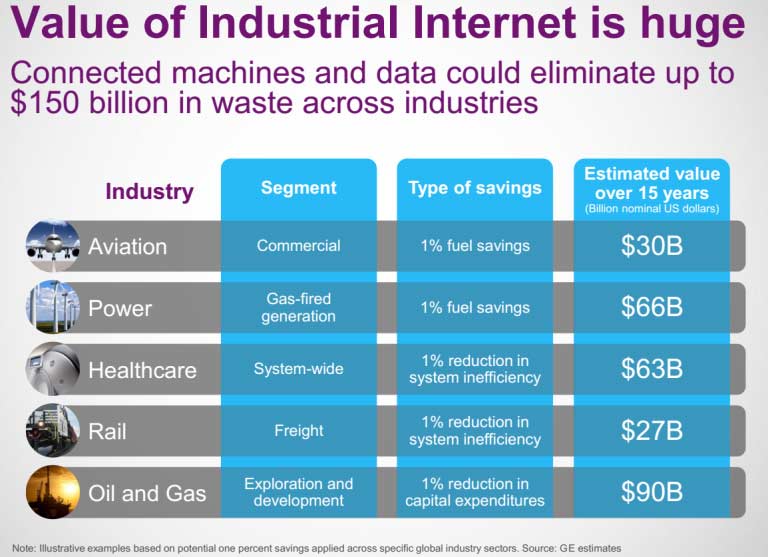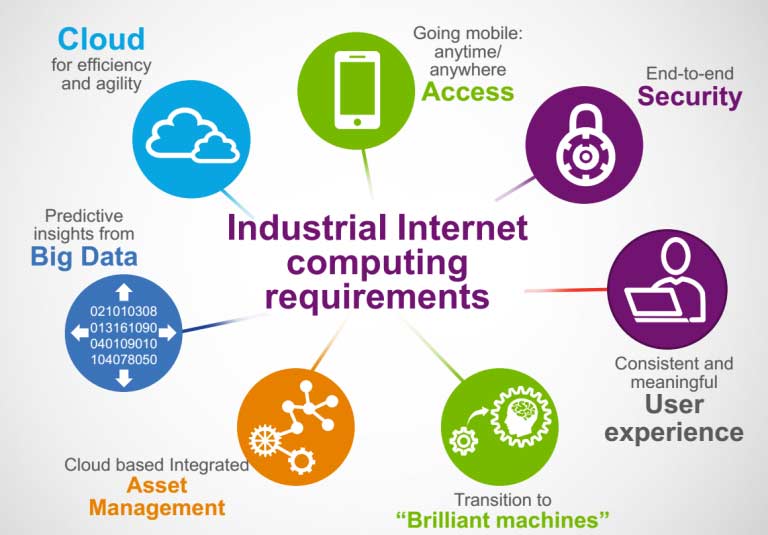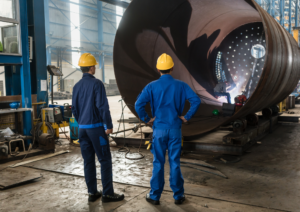Industrial + IT = Industrial Internet of Things (IOT).
There are many IoT products on the market that target consumers. These are basically smart devices that are connected to one another via the cloud and can share information.
Some of the more notable IoT devices are:
- Nest Thermostat (acquired by Google)
https://www.youtube.com/watch?time_continue=62&v=1qkSkOn4h-A
2. Samsung Family Hub Refrigerator
Thanks to the rapid advancement of technology, consumer IoT products are able to make your life better by making it easier to manage daily tasks and providing a seamless way to anticipate and adjust to environmental conditions. Yet, these consumer IoT devices are only a tip of the iceberg.
Enter – Industrial IoT Technology
One of the hottest trends in the business world is the industrial IoT. GE is one of the pioneers in this industry as it has bet its future on a better connected world where its hardware and software interact with one another to provide better data for better decision making and early warning. GE estimates that IoT projects will deliver significant billion dollar savings in industry sectors such as aviation, power, healthcare, rail, and oil and gas. To capture this huge market, GE has developed their own software system called: Predix.

Source: @ThingsExpo, Shyam Varan Nath, Principal Architect at GE
In order to make industrial IoT a reality, there are many components that need to be set up properly:

Even Microsoft which has always been focused predominantly on software has got into the game with its cloud platform – Azure. Microsoft partnered with Royal Caribbean International to connect more than 650 existing and new IoT devices (digital signs, POS terminals and tablets) to provide guests with a seamless experience as customers can now have real-time information on the types of entertainment shows, restaurant tables available from anywhere around the cruise.





